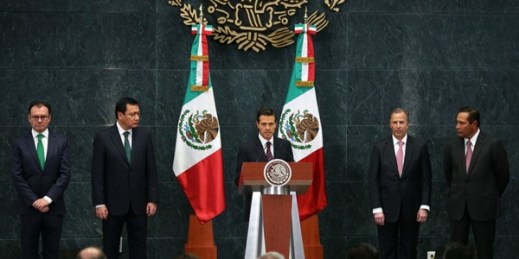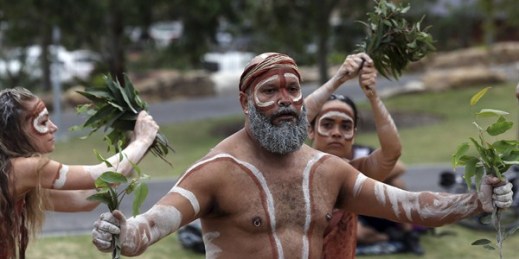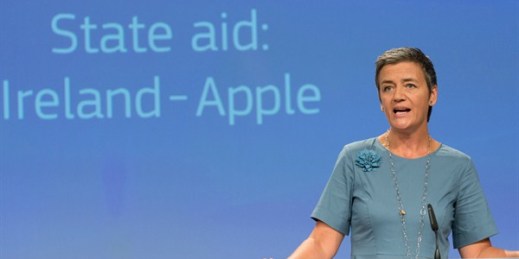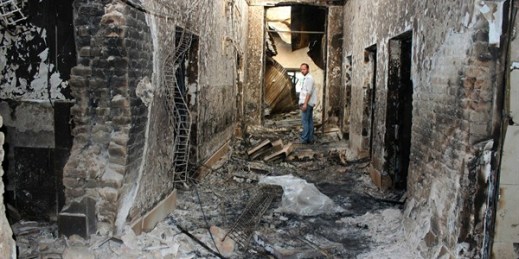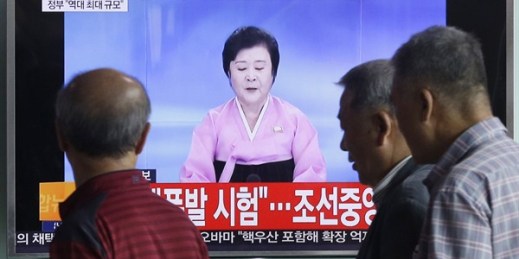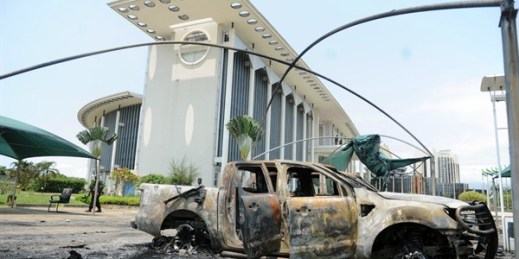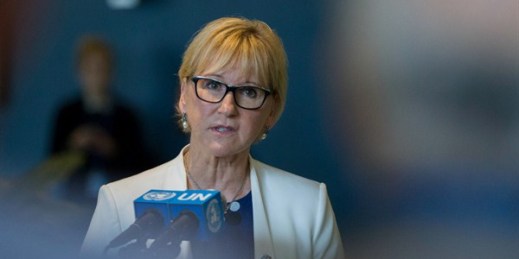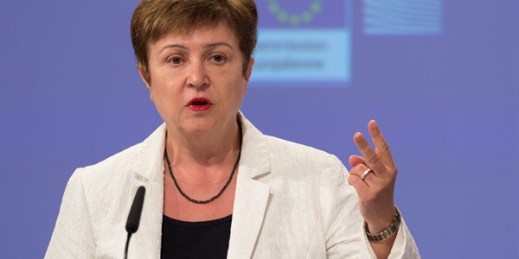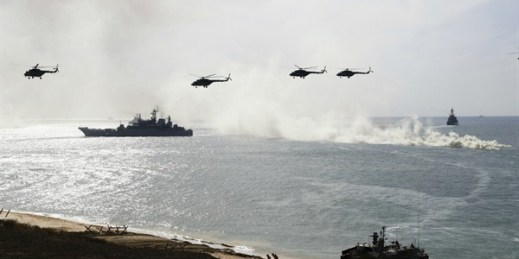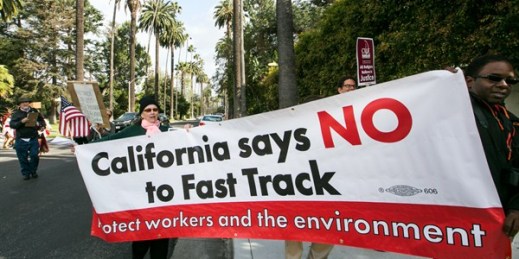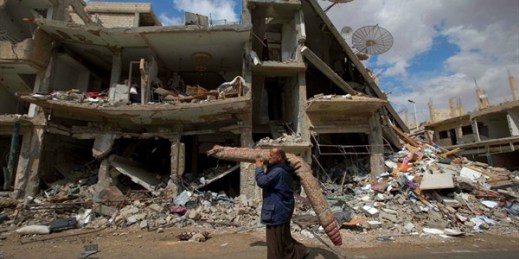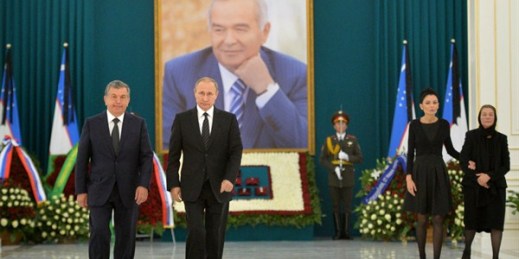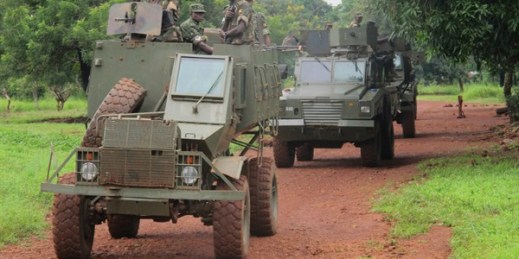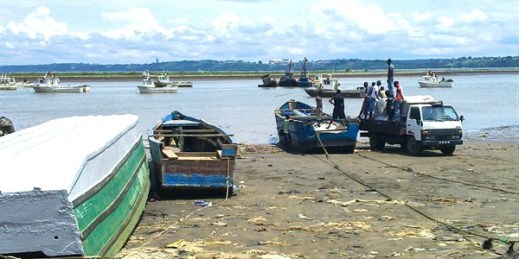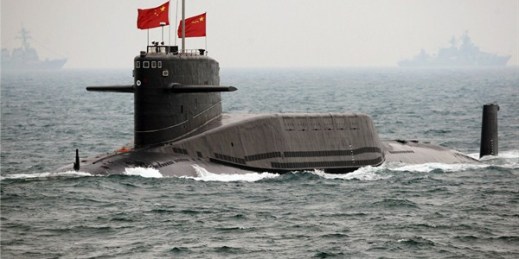
Editor’s note: This article is part of an ongoing WPR series inviting authors to identify the biggest priority—whether a threat, risk, opportunity or challenge—facing the international order and U.S. foreign policy today. The most urgent priority in international affairs today is to avoid a war between the United States and China. The consequences of such a war, military as well as economic, would be so vast as to dwarf all the other serious perils the world faces. Of course, a war is far from inevitable, but the risk is real, and much greater than most observers seem to realize, especially […]

